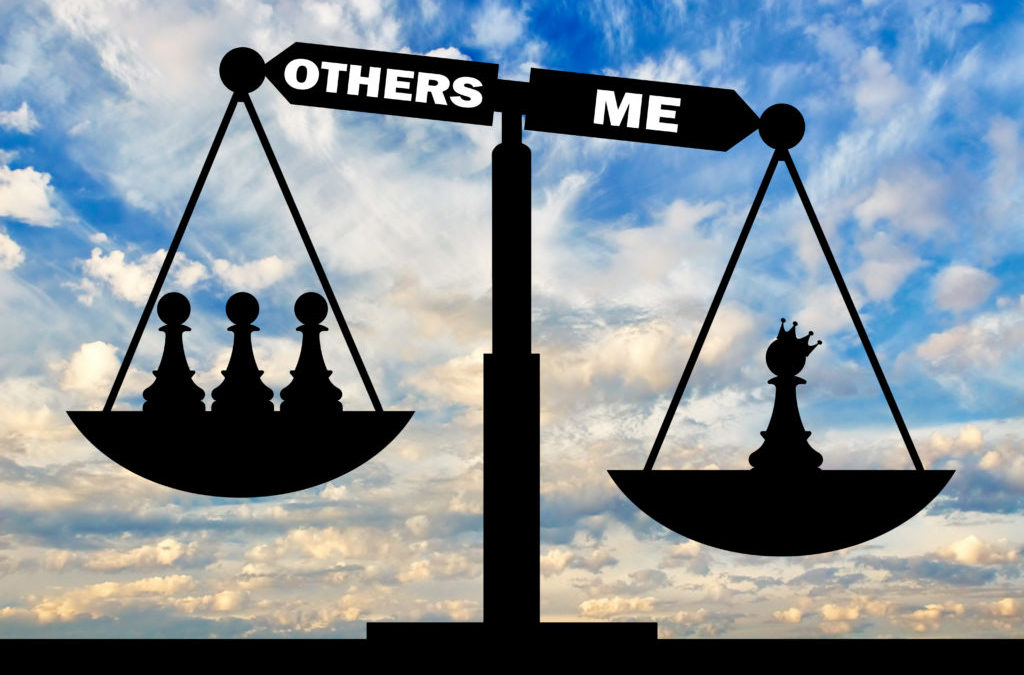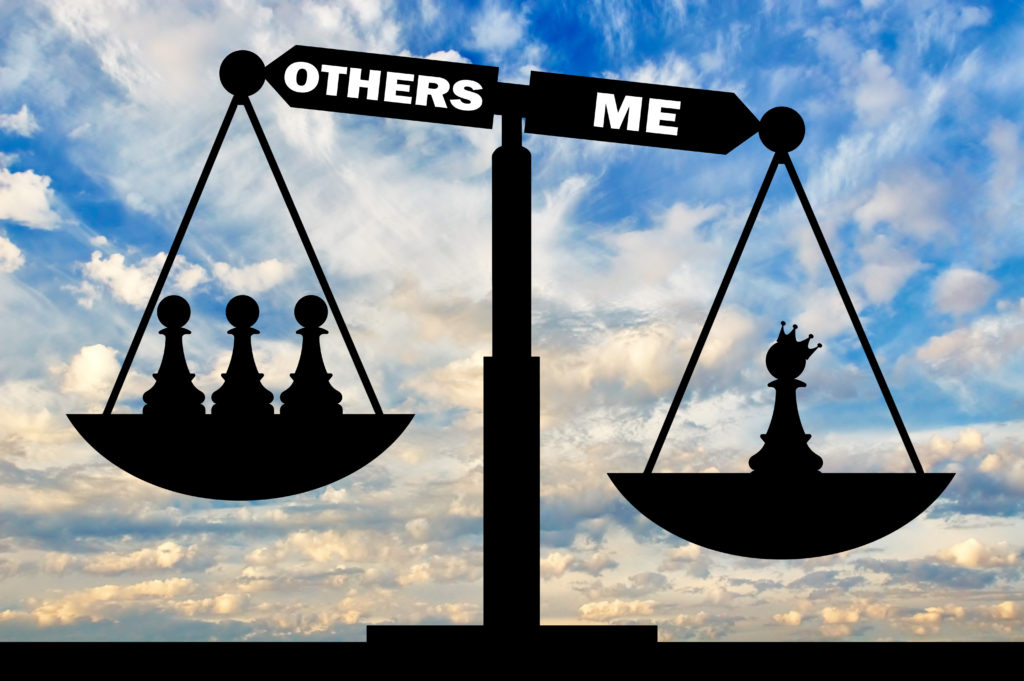Different areas of the brain are associated with empathy – this new research shows how brain regions synchronise to induce empathic responses.

Narcissistic Leaders Block Knowledge Flow and Cooperation
Quick Hits
Daily brief research updates from the cognitive sciences

Narcissism is considered one of the three dark-triad traits and something that has been reported as being common in senior leaders.
The important question is can and does this hinder effective business practices or can narcissism give the drive to succeed that can benefit the business? Narcissists themselves would obviously argue that their skills and drive help the business.
This research out of the University of Washington suggests otherwise. And will come as no surprise to many employees and leadership experts.
In this study researchers analysed leaders of busines units of a large Chinese headhunting company. The leaders themselves rated their own narcissistic traits with a standardised questionnaire, the dynamics and complexity of the local market, and perceived competition with other business units. Their deputies were then asked to rate the level of knowledge sharing.
What did they find?
They found that narcissism led to decreased knowledge sharing. However, this was moderated by changing or complex environments. Notably when there was some stability and high inter-unit competition knowledge sharing was particularly stifled.
Some people may claim that having internal competition is beneficial to the organisation, but this shows that when, and if, knowledge sharing is important, which it certainly is in many complex organizations, this can actively hinder this. So be careful of too much internal competition and be careful of narcissistic leaders – or use them cautiously●

Andy Habermacher
Andy is author of leading brains Review, Neuroleadership, and multiple other books. He has been intensively involved in writing and research into neuroleadership and is considered one of Europe’s leading experts. He is also a well-known public speaker speaking on the brain and human behaviour.
Andy is also a masters athlete (middle distance running) and competes regularly at international competitions (and holds a few national records in his age category).
Reference
Xin Liu, Lin Zhang, Abhinav Gupta, Xiaoming Zheng, Changqi Wu.
Upper echelons and intra-organizational learning: How executive narcissism affects knowledge transfer among business units.
Strategic Management Journal, 2022
DOI: 10.1002/smj.3406
More Quick Hits
Work in the Presence of Others Lowers Stress
Humans Give Unconditional Small Acts of Kindness – Continuously
Different areas of the brain are associated with empathy – this new research shows how brain regions synchronise to induce empathic responses.
Newly Discovered Ebb and Flow of Brain Chemicals that Drive Learning – Continuously
Different areas of the brain are associated with empathy – this new research shows how brain regions synchronise to induce empathic responses.
Everyday Pleasures Improve Brain Performance
Different areas of the brain are associated with empathy – this new research shows how brain regions synchronise to induce empathic responses.
Brain Scans Show How to Coach and Inspire More Effectively
Different areas of the brain are associated with empathy – this new research shows how brain regions synchronise to induce empathic responses.
You’re Less Productive in the Afternoon – Especially on Fridays
Different areas of the brain are associated with empathy – this new research shows how brain regions synchronise to induce empathic responses.




















